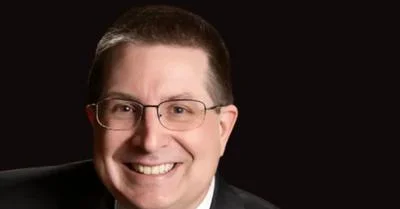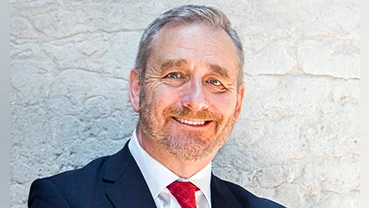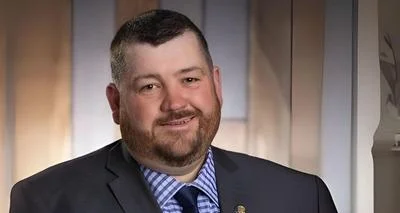FERC Chairman Willie Phillips | Facebook
FERC Chairman Willie Phillips | Facebook
The Federal Energy Regulatory Commission (FERC) has implemented a new rule mandating states to address transmission needs, driven by the expansion of renewable energy in the resource mix. The rule, adopted on May 13, includes "requirements addressing how transmission providers must conduct long-term planning for regional transmission."
This development comes at a time when the production of renewable energy is surpassing grid capacities. Particularly in Ohio, there has been a significant surge in wind and solar power generation over the past decade. According to Axios, wind generation has seen an increase from approximately 1,000 GWh to 2,828 GWh, while solar power has risen from about 200 GWh to 1,735 GWh.
Axios further reports that this growth in renewable generation in Ohio is occurring amidst various challenges facing wind and solar generation. These include "higher interest rates, inflation and supply chain issues [that] are spoiling the financial math of some alt-energy investments nationally, leading to headline-grabbing cancellations."
According to a recent report from the Center of the American Experiment, the rise in renewables is contributing to an increase in electricity costs. The report indicates that attempts to boost renewable generation "ignore virtually all of the hidden real-world costs associated with building and operating wind turbines and solar panels while also keeping the grid reliable." It reveals that constructing new wind generation facilities in Minnesota is ten times costlier than maintaining existing natural gas generation systems. Furthermore, solar power proves to be seventeen times more expensive.
Energy expert Robert Bryce examined the impact of renewables on grid stability and concluded that efforts aimed at modifying the grid to accommodate these sources are likely to fail. In his study on this subject matter, Bryce states: "These facts indicate that the 'energy transition' to a grid mainly powered by far-flung wind and solar projects will not happen." He cautions against investing hundreds of billions of dollars in a grid designed to accommodate low power density, weather-dependent renewables like wind and solar. Instead, Bryce advocates for the construction of high-power-density, weather-resilient generation that can effectively utilize our existing grid.
The FERC is an independent body responsible for regulating the interstate transmission of natural gas, oil, and electricity. It also oversees natural gas and hydropower projects. Governed by up to five commissioners, the current chairman is Willie L. Phillips.






 Alerts Sign-up
Alerts Sign-up